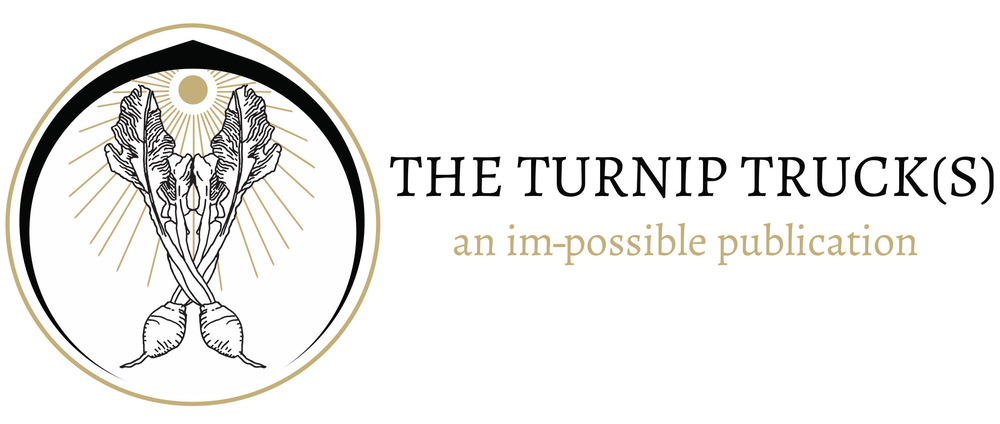During the past several years, new pronouns have emerged to resist the gender categories that English pronouns designate, limiting humans to the binary choices of male and female. While the emergence of new pronouns has ignited a heated debate about whether or not more than two genders really exist and whether the use of gender-neutral terms should be legislated, the LGBTQ community has challenged cisgender thinking with pronouns that reflect and respect gender fluidity. Initially, wordsmiths felt the need for an entirely new lexicon, so Ze and Zir emerged. Yet, these pronouns have not become as prevalent as They and Their for those who identify as gender non-binary. This may be due to the fact that the pronoun set They and Their, which has increased in usage since the 1970s, has been used as a singular, non-gender pronoun since the 14th century. In terms of choosing the appropriate pronoun, one point of confusion is that people tend to rely on visual codes when determining someone’s gender. But, because gender relates more to one’s social and cultural, rather than biological, differences, visual codes can mislead people, causing them to mislabel someone as binary, and this can signify deep disrespect and disregard for another human being’s identity.
Even in terms of binary pronouns, decoding is useful for understanding the psychological differences between people who identify as cis female and those who identify as cis male. In a 2011 article with Scientific American, psychologist James Pennebaker notes, “Most people assume that men use I-words and cognitive words [because, reason, think, believe] more than women and that women use we-words, emotional, and social words [he, she, friend, cousin] more than men. [… ] However, women use I-words and cognitive words at far higher rates than men.” Pennebaker also explains that even though “we are all bombarded by words from women and men every day of our lives,” our brains are trained not to pay much attention to “junk words” like pronouns, so “most of us have never “heard” these sex differences in language.”
Perhaps our pronouns are not “junk words” after all.
